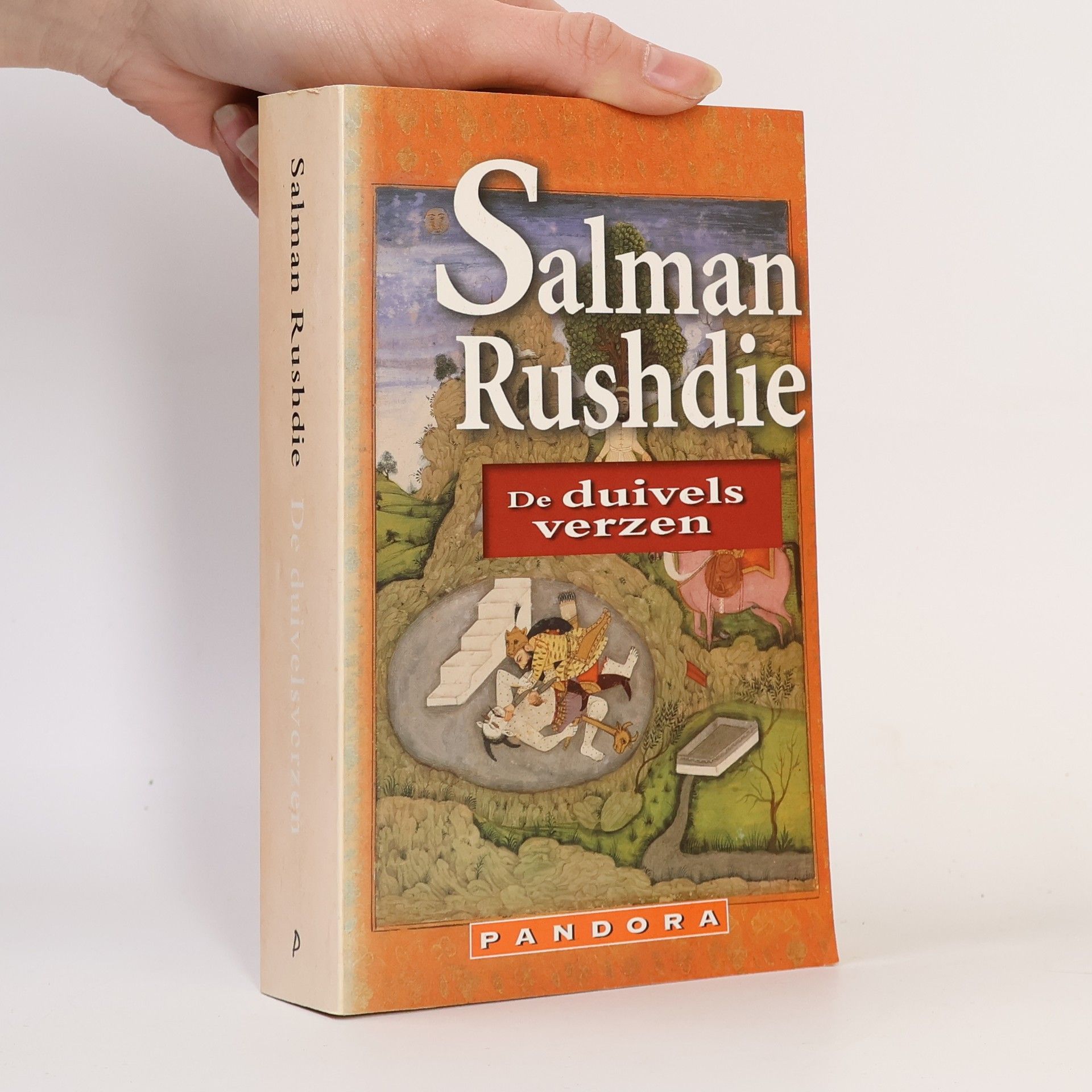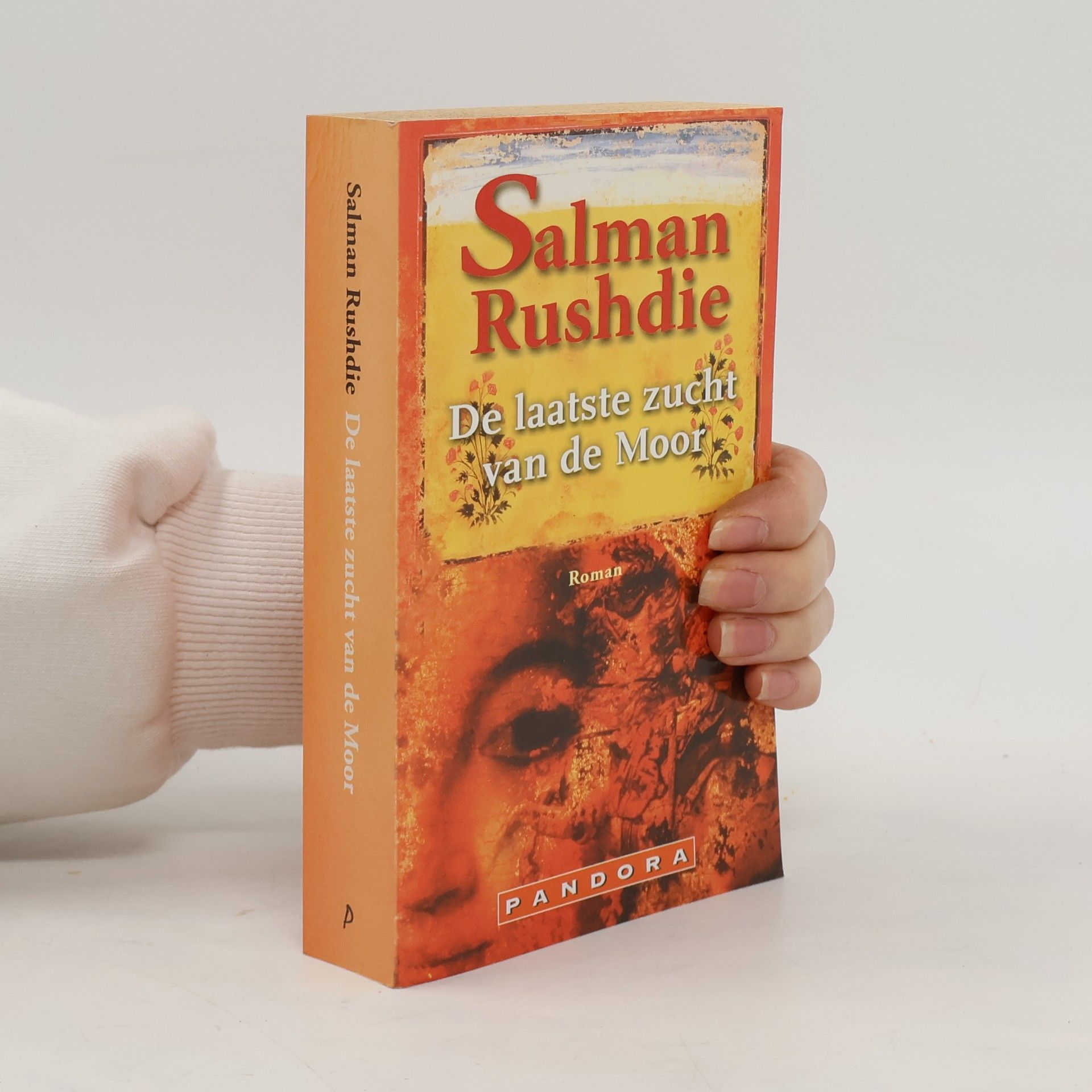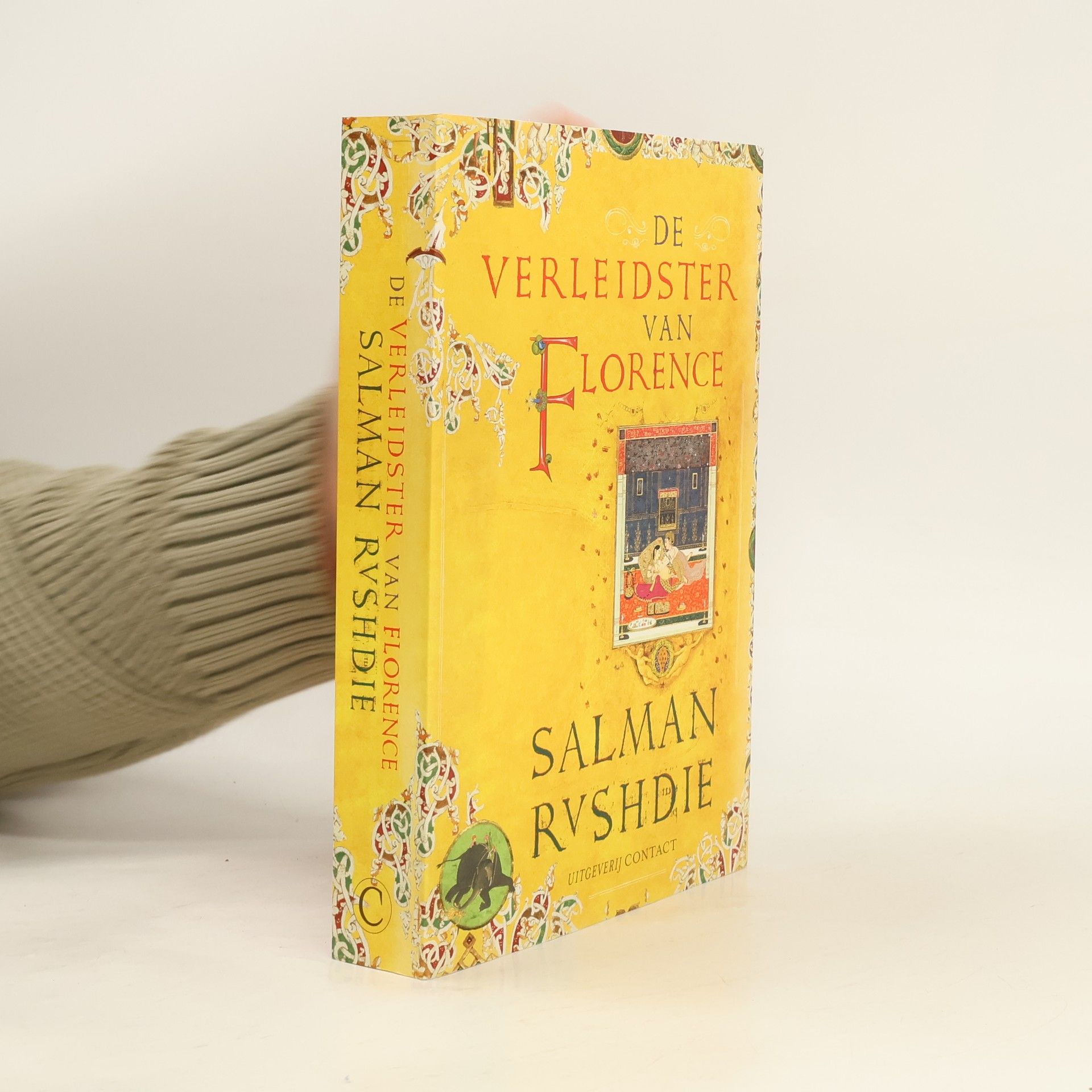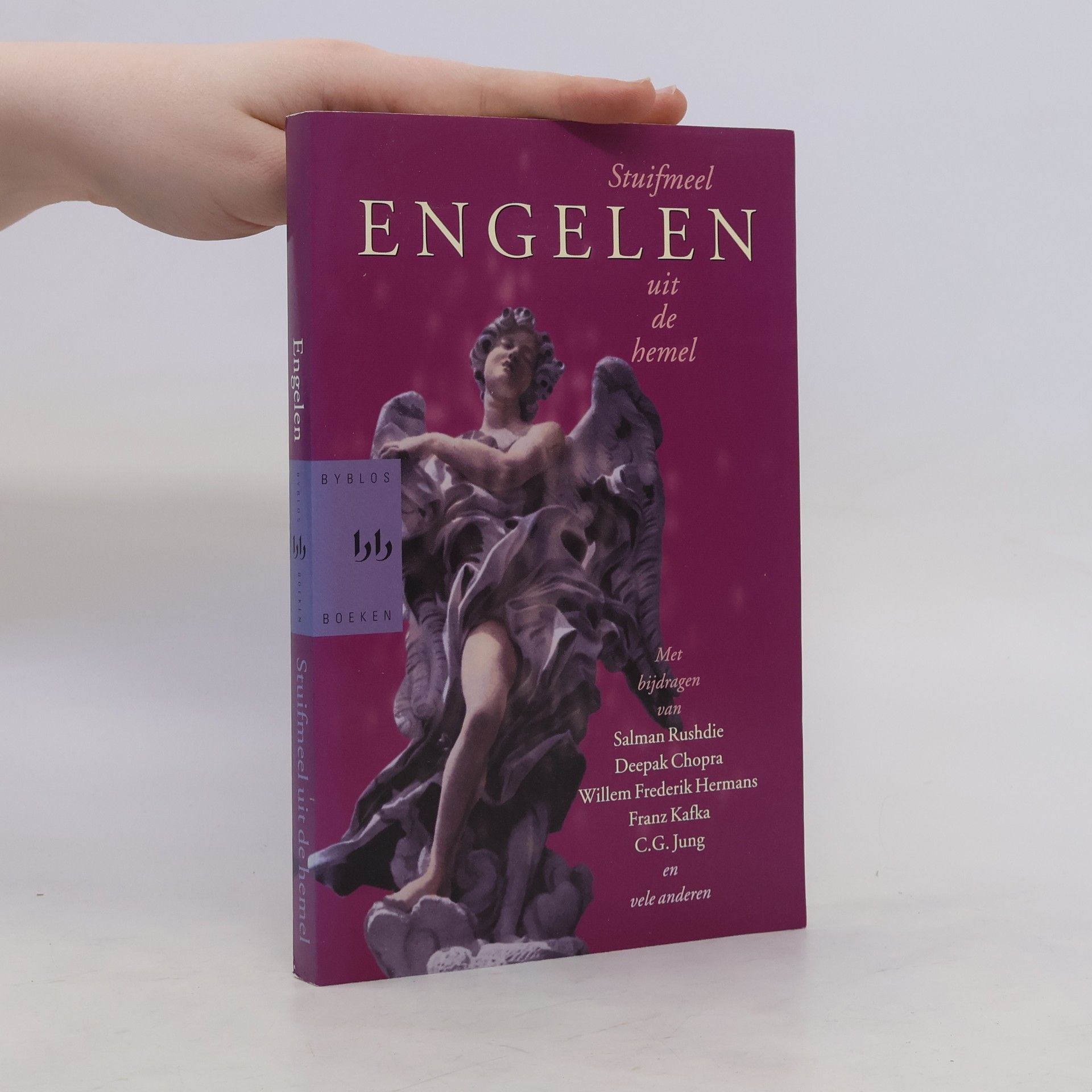Middernachtskinderen
- 531bladzijden
- 19 uur lezen
De hoofdpersoon van deze indrukwekkende roman, Saleem Sinai, is geboren op 15 augustus 1947 om klokslag middernacht: het tijdstip waarop India zelfstandig werd. Dit brengt hem tot de overtuiging dat hij een belangrijke rol zal spelen in de geschiedenis van zijn land. Maar op die datum zijn er rond twaalf uur nog méér kinderen geboren, duizendenéén in totaal. Deze 'middernachtskinderen' bezitten stuk voor stuk een bovennormale eigenschap. Saleem zelf is sterk telepathisch en staat zo met hen in verbinding. Als dit vermogen door een neusoperatie verloren gaat, blijkt zijn reukorgaan zo fijngevoelig dat hij zelfs de gevoelens van anderen kan ruiken. Zo wordt Saleem Sinai het raakpunt van twee sferen. Enerzijds de nieuwe Indiase bovenlaag die de macht uitoefent zoals de Engelsen dat deden, anderzijds het 'oude' India met alle waarzeggers, verminkte bedelaars, fakirs, magische en mystieke elementen van dien. Met behulp van deze sfeervermenging beschrijft de auteur de eerste dertig turbulente jaren van India's geschiedenis als onafhankelijke staat. De bloedige godsdiensttwisten, de afscheidingen, de staatsgrepen - Saleem staat er voortdurend met zijn extra grote neus bovenop. Maar zijn vreemde positie als 'middernachtskind' doet hem alles evenzeer van onderaf bekijken...










